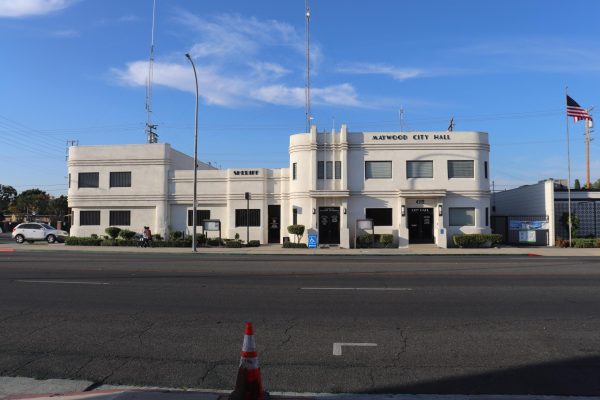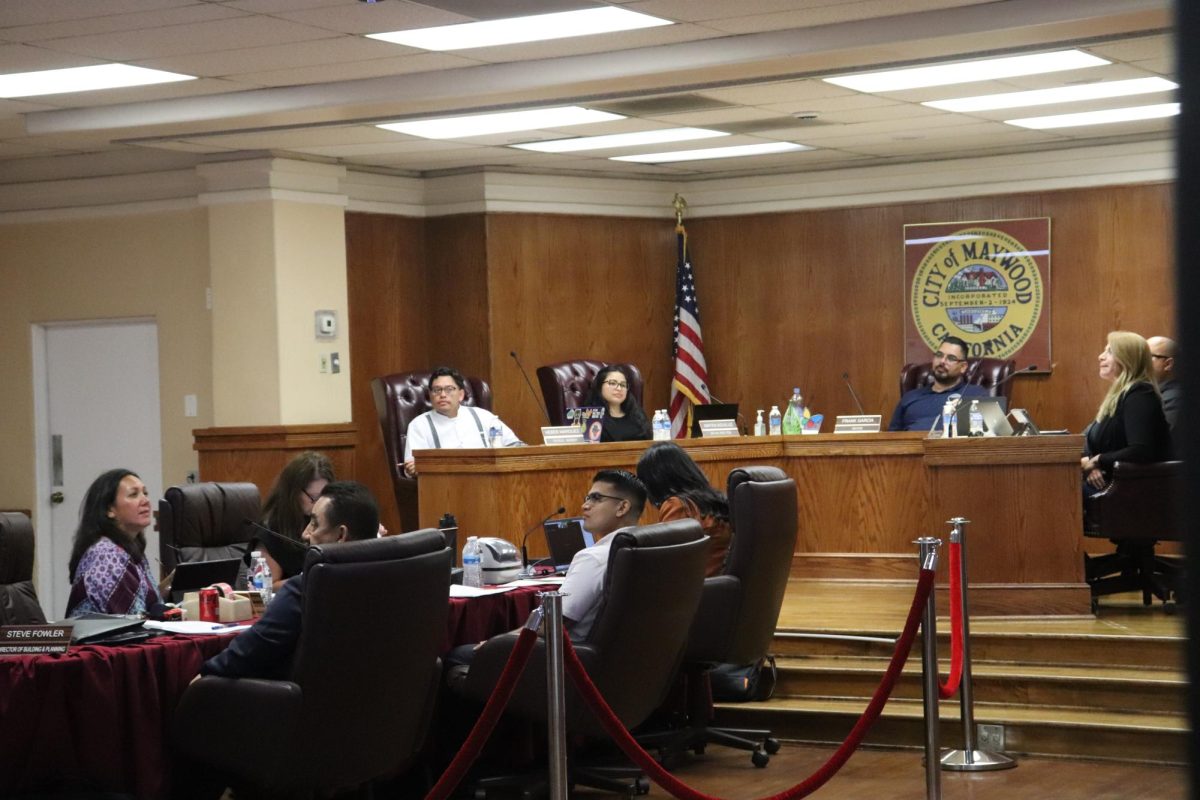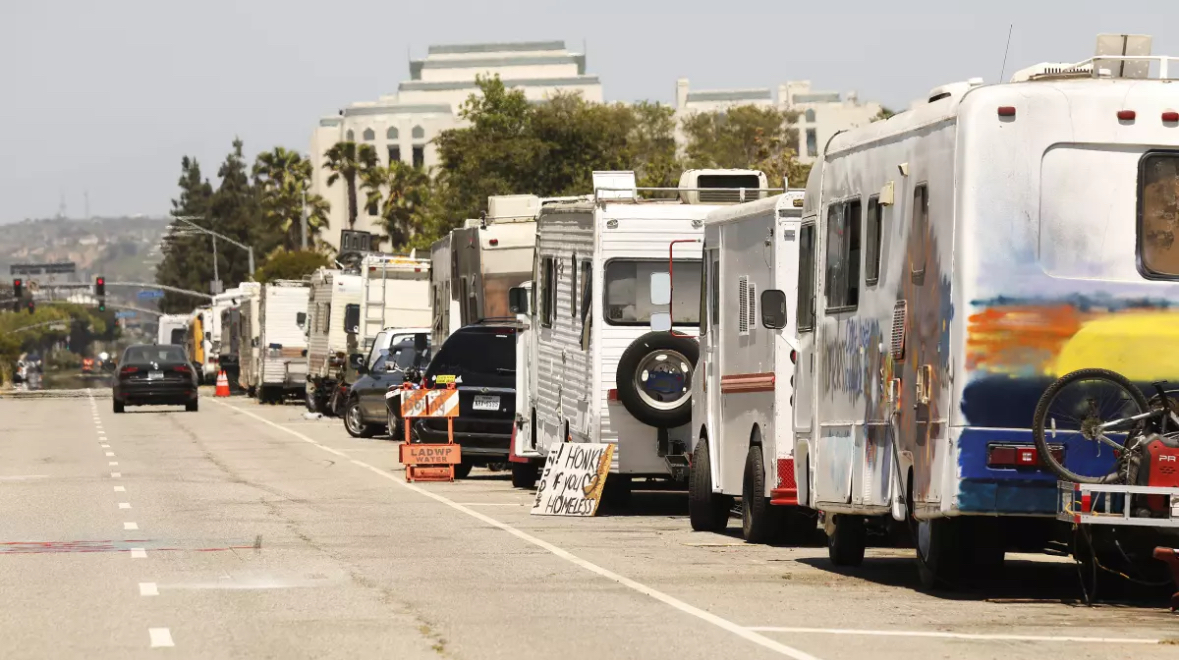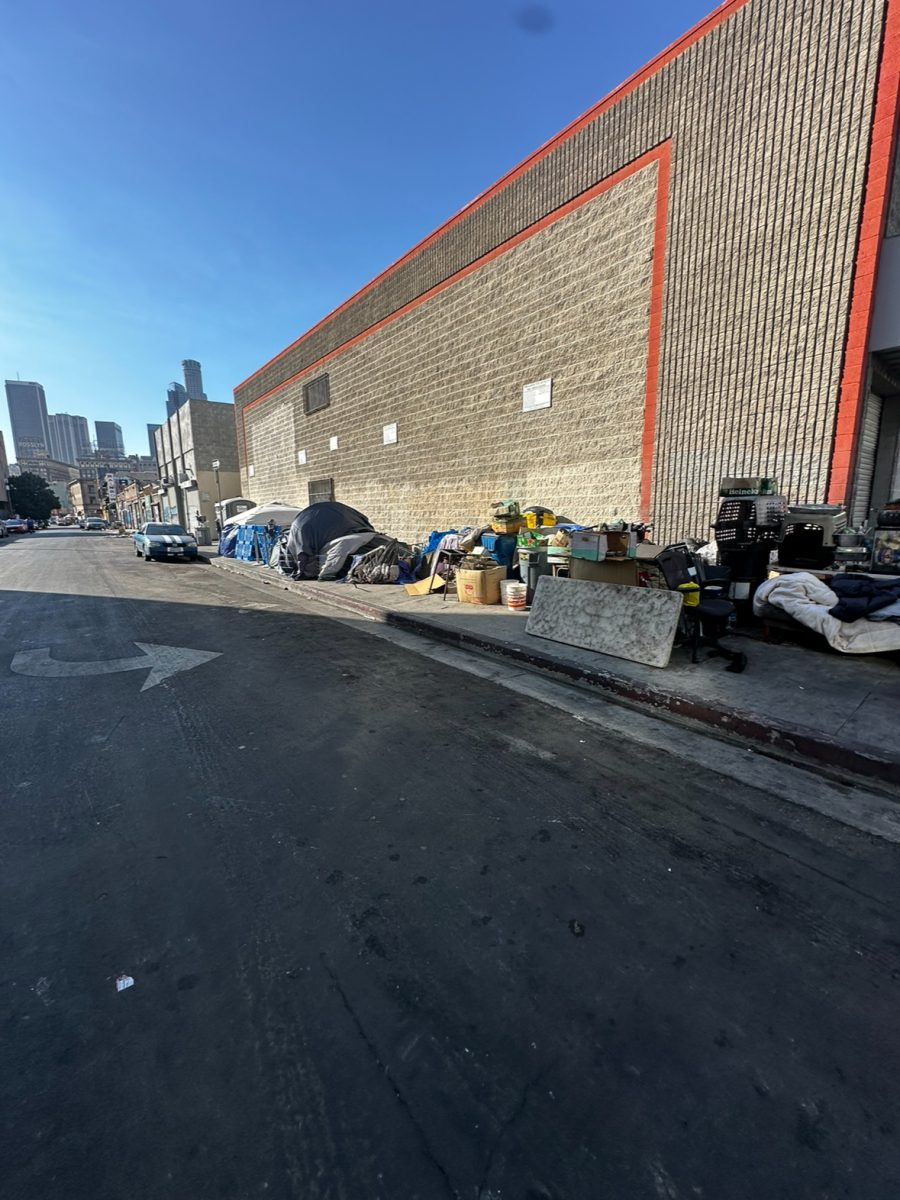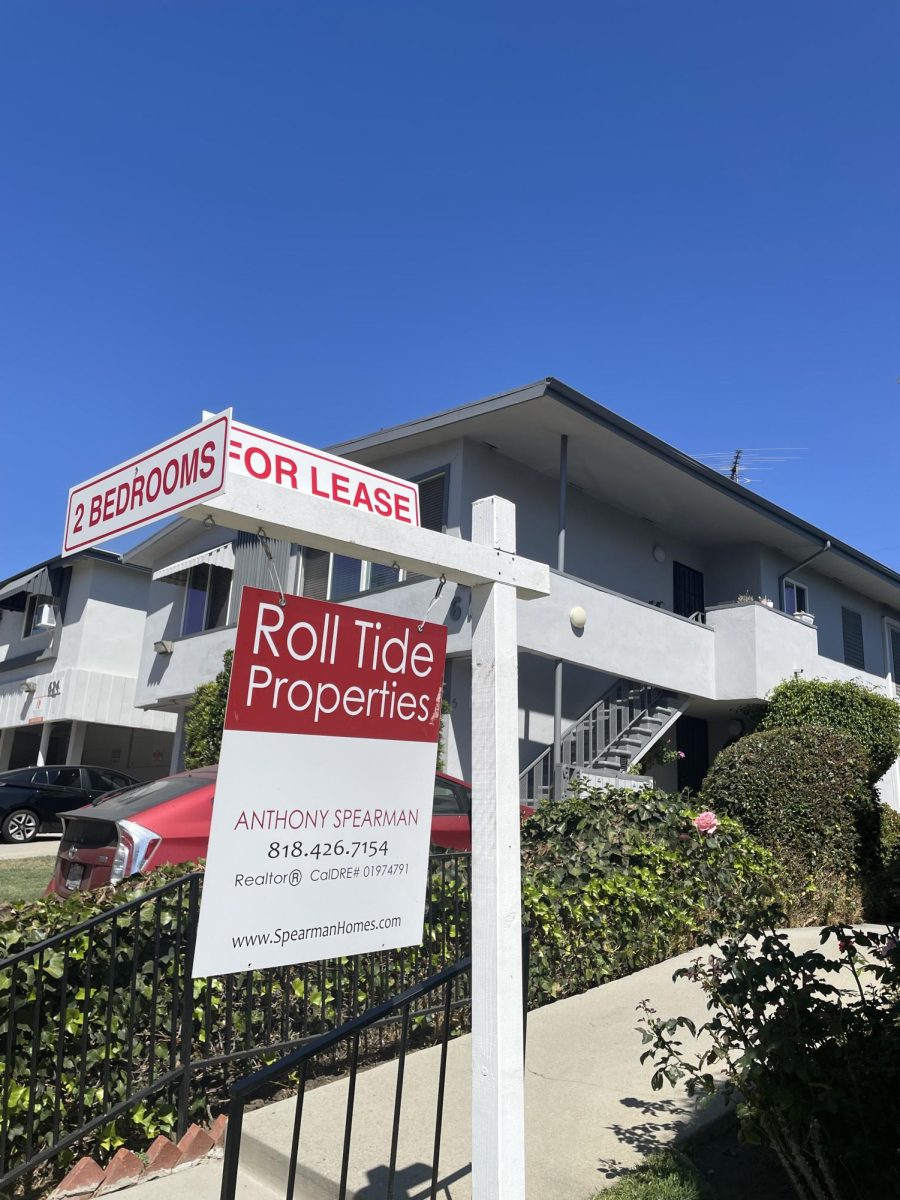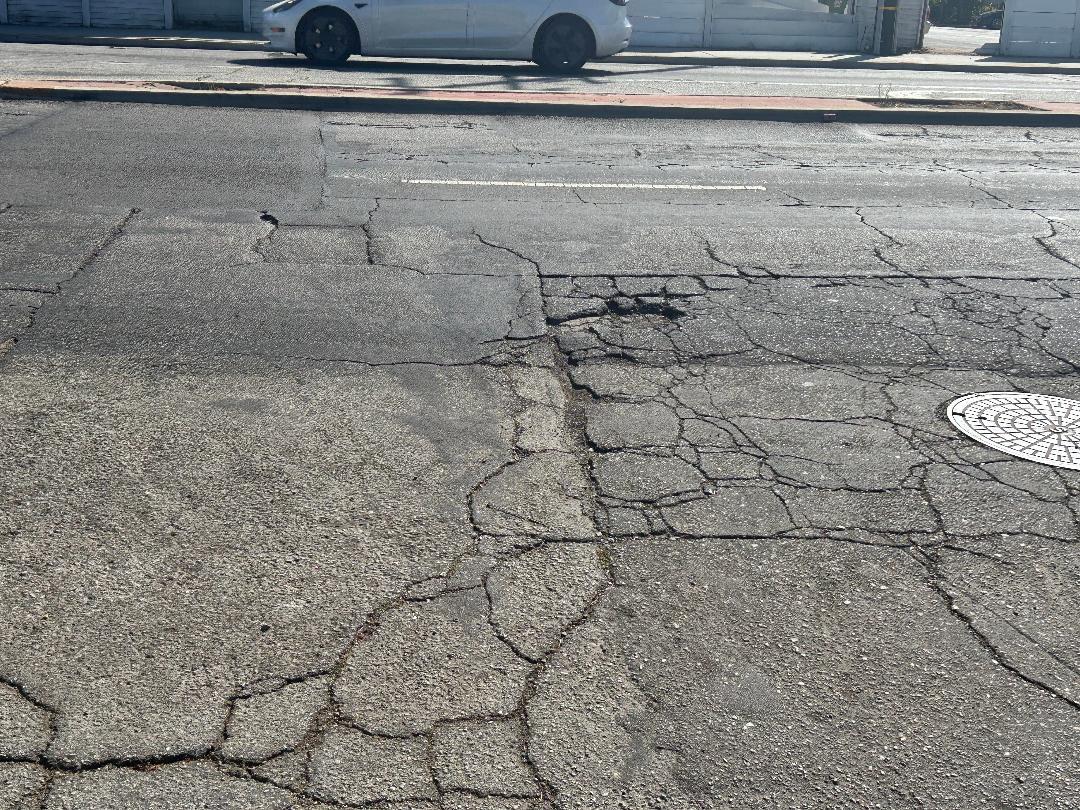The Maywood City Council on Oct. 25 unanimously approved a sweeping ordinance to expand protections for tenants, complementing the city’s rent stabilization ordinance that went into effect late August. The ordinance was first introduced in a city council meeting last month.
A key part of Ordinance No. 23-11 would restrict landlords from terminating tenancy due to the substantial remodeling of units. Under this provision, landlords can continue to remodel and repair units, but only if they provide relocation for tenants during the repairs. This includes motels, hotels, or other comparable units.
“What a landlord cannot do is evict a tenant, which is sometimes done as a means to reset rents at market rate, by utilizing a substantial rehabilitation cause,” said City Attorney Roxanne Diaz in a Sept. 27 meeting, when the law was first proposed.
If the tenant can stay in the unit during repairs, landlords would also be required to implement health and safety measures during the remodeling process. Protection of the tenant’s personal property is also required, as well as accommodating for alternative parking, kitchen, laundry, and other facilities if needed.
The ordinance limits evictions to specific circumstances, or evictions with ‘just cause,’ meaning landlords could only evict tenants because of specific cases. Some reasons include failure to pay rent, illegal use of the space, and refusal to address lease violations.
It also requires landlords to provide relocation assistance in the form of three months rent in no-fault just cause circumstances. Anti-harassment and retaliatory eviction protections would be expanded as well.
This move follows a trend of increasing renter protections throughout the county. In late August, several Southeast L.A. cities, including Maywood, passed rent control initiatives. On Sept. 30, Gov. Gavin Newsom signed AB 567, which similarly expands protections for tenants in substantial remodeling evictions. The bill is poised to go into effect in April 2024.
Since only 27% of Maywood residents live in units they own — compared to nearly 46% for L.A. County — that means the rental rate in Maywood is much higher, according to the 2020 U.S. Census.
“I just appreciate… the work that’s been put in to ensure that these protections are for our community,” Councilmember Heber Marquez said.
Marquez praised city staff for developing the draft and community members who voiced feedback in the previous months.
“I’m glad that we have such protections for our people here, for Maywood,” Marquez said.
